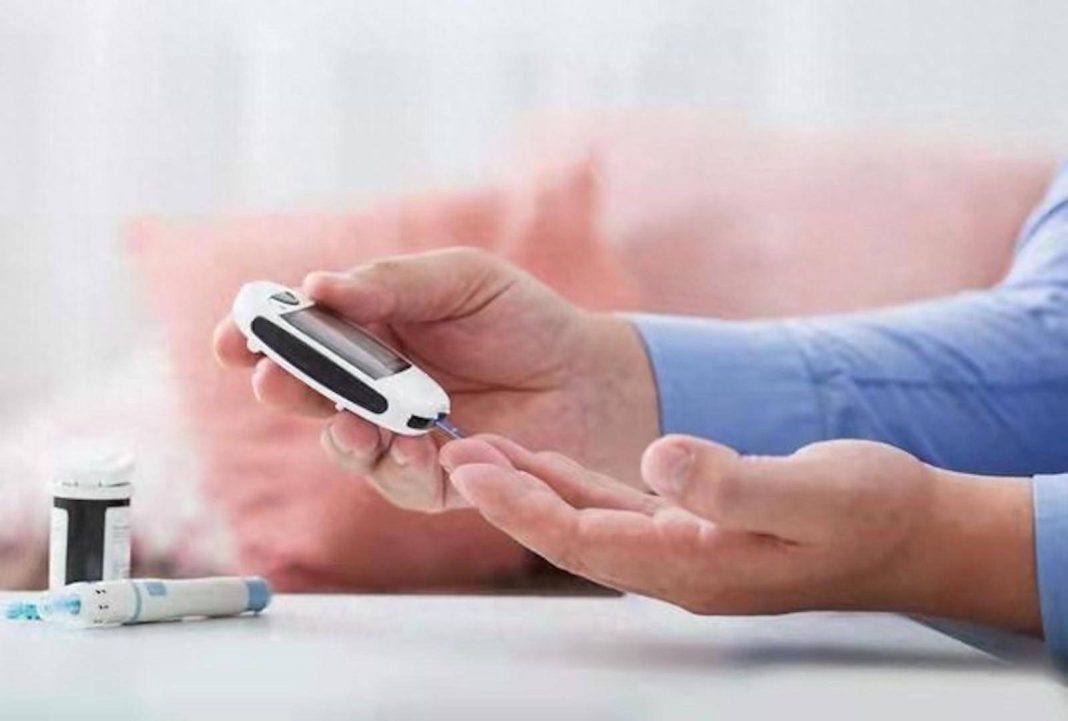As is well known, blood sugar mainly comes from food, the more you eat, the higher the blood sugar, and many people think so. But the fact is not the case, for example, normal people won’t exceed normal values even if they eat a lot. Why?
Because the human body has a regulation mechanism for blood sugar. When there is excess blood sugar, it will be converted into glycogen or fat for storage. When the blood sugar is low, the stored blood sugar will be released in time to maintain the blood sugar at a normal level. The occurrence of diabetes is due to the disruption of the body’s blood sugar regulation mechanism, leading to high blood sugar, mainly in three situations:
1. Insufficient insulin secretion. The reason is simple, whether blood sugar is utilized or converted into glycogen or fat, it requires insulin. Without enough insulin, these processes cannot be completed smoothly, resulting in elevated blood sugar, especially evident when blood sugar continues to rise after meals.
2. Insulin resistance. Simply put, even if there is sufficient insulin, it does not function as it should. It is like producing products that remain unused due to lack of buyers. Consequently, blood sugar is not effectively utilized, leading to high blood sugar.
3. Delayed insulin secretion. When blood sugar continues to rise after a meal, pancreatic cells fail to timely release more insulin along with the increasing blood sugar. As a result, postprandial blood sugar remains high after 2 hours and low blood sugar occurs before the next meal.
Therefore, the reasons for high blood sugar 2 hours after a meal for people with diabetes are multifaceted. For instance, if there is insufficient insulin secretion, eating less can reduce the required insulin, helping to lower postprandial blood sugar. If there is insulin resistance, even eating less won’t increase the utilization of blood sugar; it might reduce the rise in postprandial blood sugar, but high blood sugar situations will likely persist. If there is delayed insulin secretion, eating less might result in a severe hypoglycemic event before the next meal, which poses greater risks than just high blood sugar!
Of course, this doesn’t mean that people with high blood sugar after 2 hours of eating don’t need to eat less. A balanced diet is necessary in diabetes management. Eating well and adequately is a basic requirement. If you constantly starve yourself, it indicates the need to learn more about diabetes dietary knowledge.
In summary, for individuals with diabetes experiencing persistently high blood sugar 2 hours after eating, it is recommended to promptly investigate the cause. Consider undergoing glucose tolerance and insulin release tests to match the situation of pancreatic cells releasing insulin alongside the rising blood sugar levels after meals. Understanding the specific reasons for high blood sugar after 2 hours of eating can allow targeted measures to bring it down.
Do you understand? Give a like and share to inform more people, follow Tiantianting Health for daily disease prevention and health preservation knowledge.


